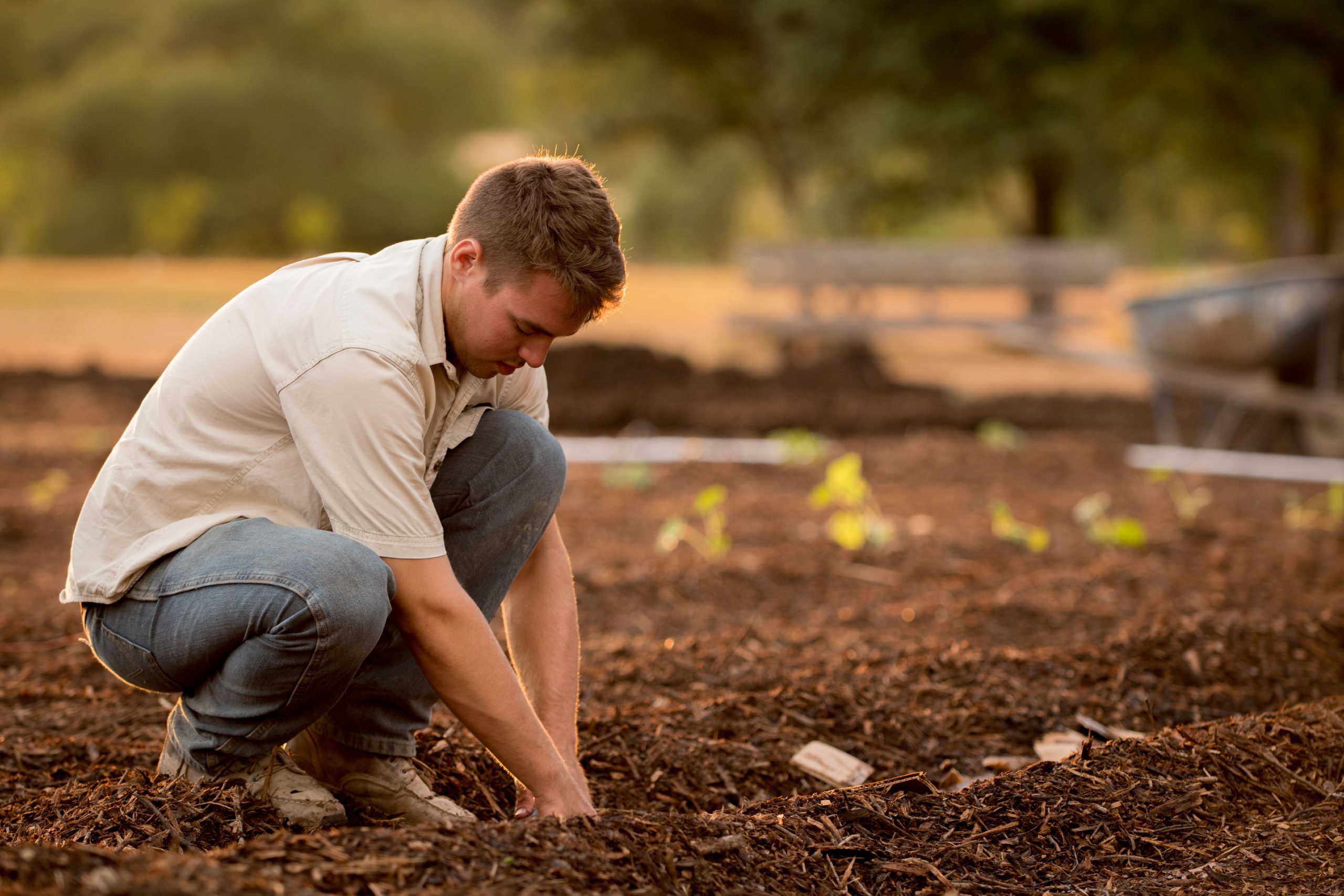In an era of rapid urbanization and increasing concerns about food security and environmental sustainability, community gardens have emerged as powerful catalysts for change. These vibrant spaces not only provide a sanctuary for greenery in concrete jungles but also foster a sense of community, promote healthier lifestyles, and encourage sustainable living practices. As urban dwellers seek solace in reconnecting with nature and combating the challenges of modern living, community gardens have become the seeds of change, sprouting hope for a greener, more sustainable future.
One of the key factors driving the popularity of community gardens is the growing desire for self-sufficiency and local food production. In a world heavily reliant on globalized food systems, community gardens offer an alternative that empowers individuals and communities to take control of their own sustenance. These gardens allow residents to grow their own fresh produce, reducing their reliance on industrially farmed, long-distance transported goods. By doing so, community gardens not only promote healthier eating habits but also contribute to reducing greenhouse gas emissions associated with conventional agriculture.
Beyond the nutritional benefits, community gardens serve as gathering spaces where neighbors can come together, forging connections and nurturing a sense of belonging. In an era of digital communication, these physical green oases become meeting points where people of diverse backgrounds interact, share knowledge, and work towards a common goal. The act of tending to a garden, side by side with fellow enthusiasts, cultivates a sense of shared responsibility and cooperation, ultimately fostering stronger communities.
Moreover, community gardens provide valuable educational opportunities, especially for children and young adults. These spaces serve as living classrooms where individuals can learn about sustainable gardening practices, environmental stewardship, and the importance of biodiversity. By involving youth in the process of growing their own food, community gardens impart valuable skills, instill a sense of environmental consciousness, and promote a healthier relationship with nature.
In recent years, numerous studies have highlighted the numerous benefits of community gardens, from improving mental health and well-being to mitigating urban heat island effects and reducing crime rates. The positive impacts of these green spaces extend beyond their immediate surroundings, enriching the overall quality of urban life. As cities continue to grapple with the challenges of climate change and social fragmentation, community gardens offer a tangible solution that addresses multiple issues simultaneously.
However, the proliferation of community gardens is not without its challenges. Securing land for these initiatives in densely populated urban areas can be a hurdle, as well as ensuring the long-term sustainability of the gardens. Adequate funding, access to resources, and ongoing community engagement are essential for the success and longevity of community gardens.
Nevertheless, the enthusiasm and dedication exhibited by community gardeners worldwide demonstrate the unwavering commitment to building sustainable communities from the ground up. Their tireless efforts inspire and remind us of the power that lies in the simple act of planting a seed.
As community gardens continue to sprout across cities, it is clear that they are more than just spaces for growing plants; they are the living embodiment of hope, collaboration, and resilience. Through community gardens, we have the opportunity to reconnect with nature, foster meaningful relationships, and create a more sustainable future for generations to come. Let us sow the seeds of change and watch them flourish, one garden at a time.
[End of article]
Note: As a journalist, it is essential to conduct thorough research, interview experts and community gardeners, and provide accurate information. Please ensure to verify all facts and statistics before publishing your article.




